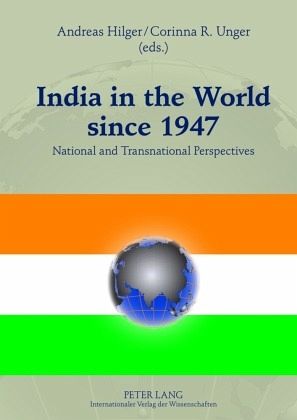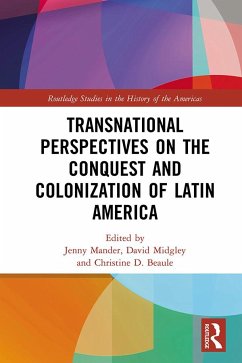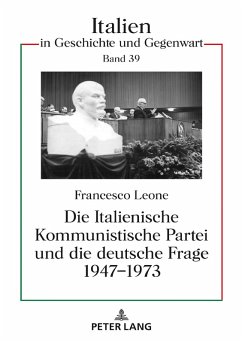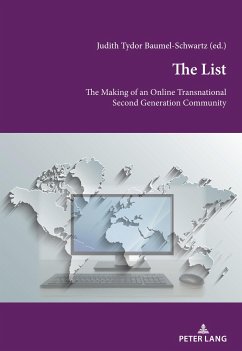
India in the World since 1947
National and Transnational Perspectives
Herausgegeben: Hilger, Andreas; Unger, Corinna R.
Versandkostenfrei!
Versandfertig in 6-10 Tagen
84,50 €
inkl. MwSt.

PAYBACK Punkte
0 °P sammeln!
In recent years, India has become a favorite metaphor to describe developments and phenomena considered characteristic of globalization. Rapid economic and population growth, environmental degradation, geostrategic rivalries, mega cities, global cultural production: India has it all. A transnational perspective on the 65 years of India's independence has much to offer and some to add to existing studies. The argument is based on the observation that India has a rich history of transnational connections and exchanges, and that it is important to contextualize India's current developments in its...
In recent years, India has become a favorite metaphor to describe developments and phenomena considered characteristic of globalization. Rapid economic and population growth, environmental degradation, geostrategic rivalries, mega cities, global cultural production: India has it all. A transnational perspective on the 65 years of India's independence has much to offer and some to add to existing studies. The argument is based on the observation that India has a rich history of transnational connections and exchanges, and that it is important to contextualize India's current developments in its transnational history. Much of what has been happening in the past twenty years has roots which reach back much farther. Only if we study India in the world since 1947 we can understand India in the world today and tomorrow.












